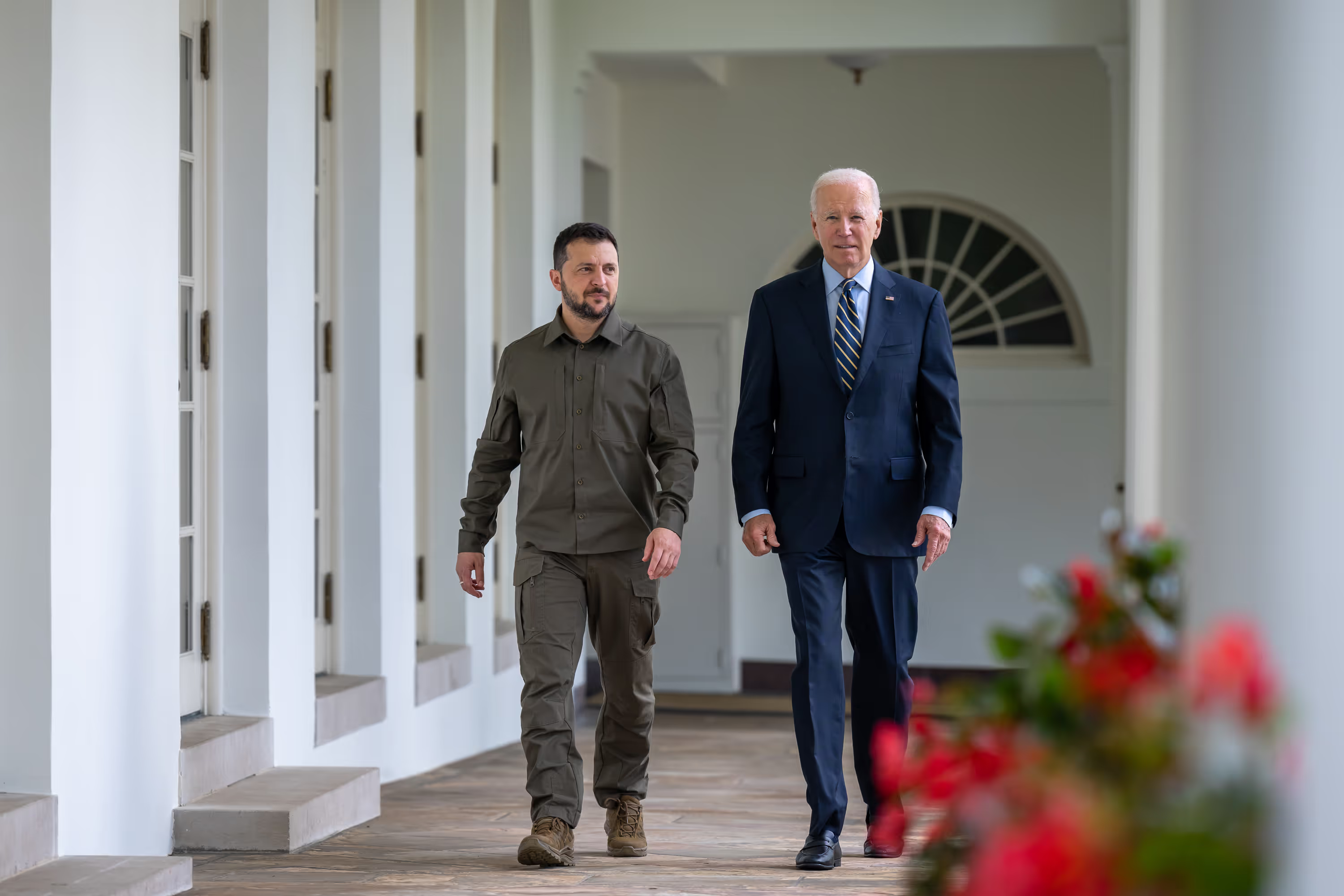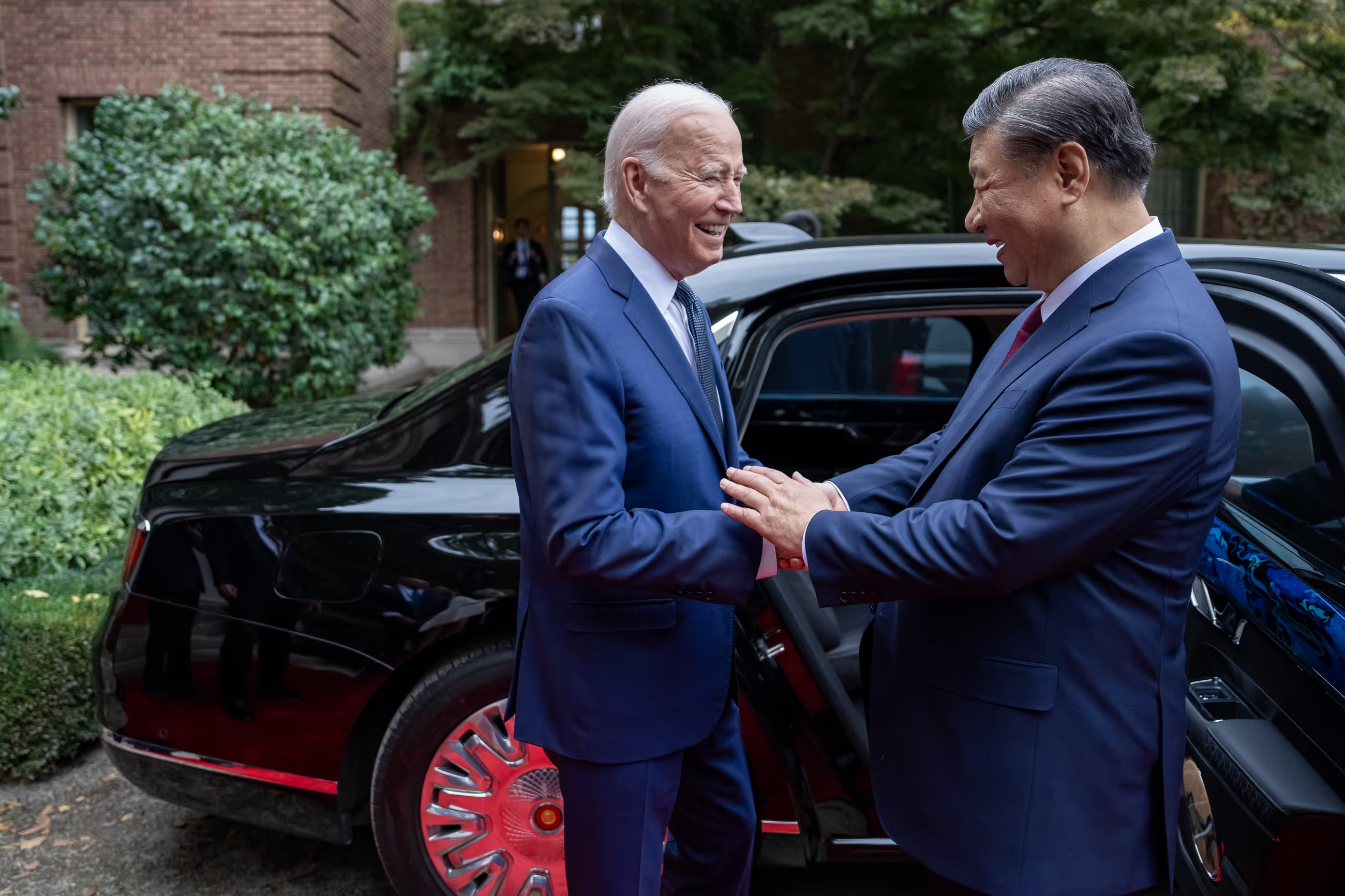
January 13, 2024
Type
Progressive
Topic
U.S. Government & Politics
Progressive
By

Thinktanker Summary
- Maggie Jo Buchanan points out that the average tenure of Supreme Court justices has significantly increased, leading to a lack of regularity in vacancies and a more politically charged confirmation process.
- Implementing an 18-year nonrenewable term limit for Supreme Court justices could help better reflect the broader public and reduce the politicization of the court.
Overview:
This article, written by Maggie Jo Buchanan, addresses the need for implementing term limits for U.S. Supreme Court Justices to reflect modern societal changes.
- Buchanan points out that the average tenure of Supreme Court justices has significantly increased, leading to a lack of regularity in vacancies and a more politically charged confirmation process.
- The article suggests that term limits could help the Supreme Court better reflect the broader public and reduce the politicization of the court.
Key Quotes:
- "The average justice’s term is now longer than it has been at any other point in U.S. history."
- "Regular appointments, however, would hopefully make the confirmation process less political."
What They Discuss:
- The average age of Supreme Court justices has remained static, but their terms have lengthened due to increased life expectancy.
- Longer terms have led to justices having more power and influence over American life, more so than other branches of government.
- The political nature of the confirmation process has intensified, with Senate leaders and presidents incentivized to secure ideologically aligned justices.
- Proposals for term limits, such as an 18-year nonrenewable limit, are gaining momentum and support from various legal academics and justices.
- Term limits could ensure more regular turnover, making the court more reflective of the public and less influenced by political agendas.
What They Recommend:
- Implement an 18-year nonrenewable term limit for Supreme Court justices.
- Ensure a more regular appointment process to reflect the broader public and reduce political tensions.
- Allow justices to continue working in a senior status after their term ends, maintaining their contributions to the judiciary.
- Consider statutory limits for term limits, either retrospectively or prospectively.
Key Takeaways:
- The article emphasizes the need for Supreme Court term limits to address the challenges posed by longer tenures and increased politicization.
- It argues that term limits would bring a healthier turnover and alignment with public sentiment, enhancing the court's legitimacy.
- The recommendations aim to balance the need for experienced justices with the benefits of regular new appointments.
This is a brief overview of Maggie Jo Buchanan's work from the Center for American Progress. For complete insights, we recommend reading the full article.







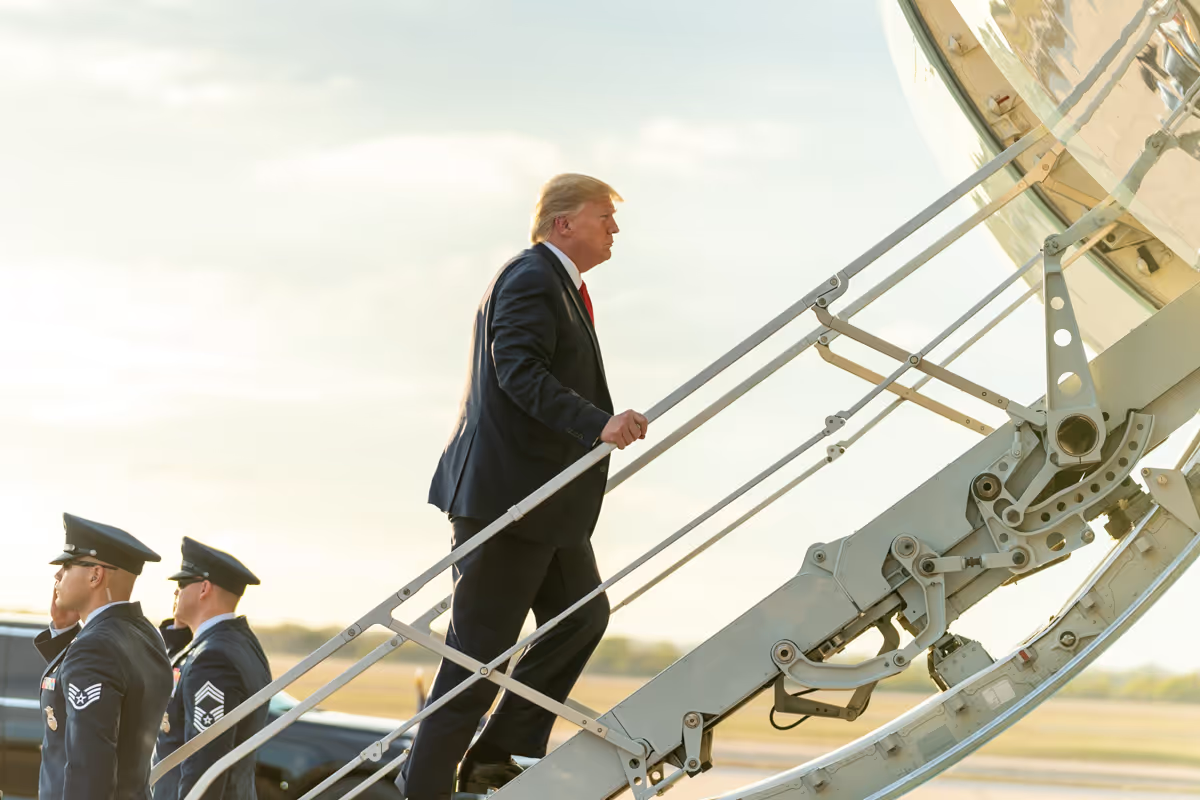


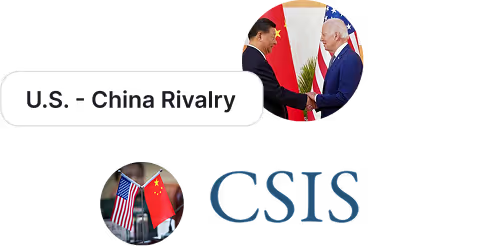

.avif)

.avif)
.avif)
.avif)
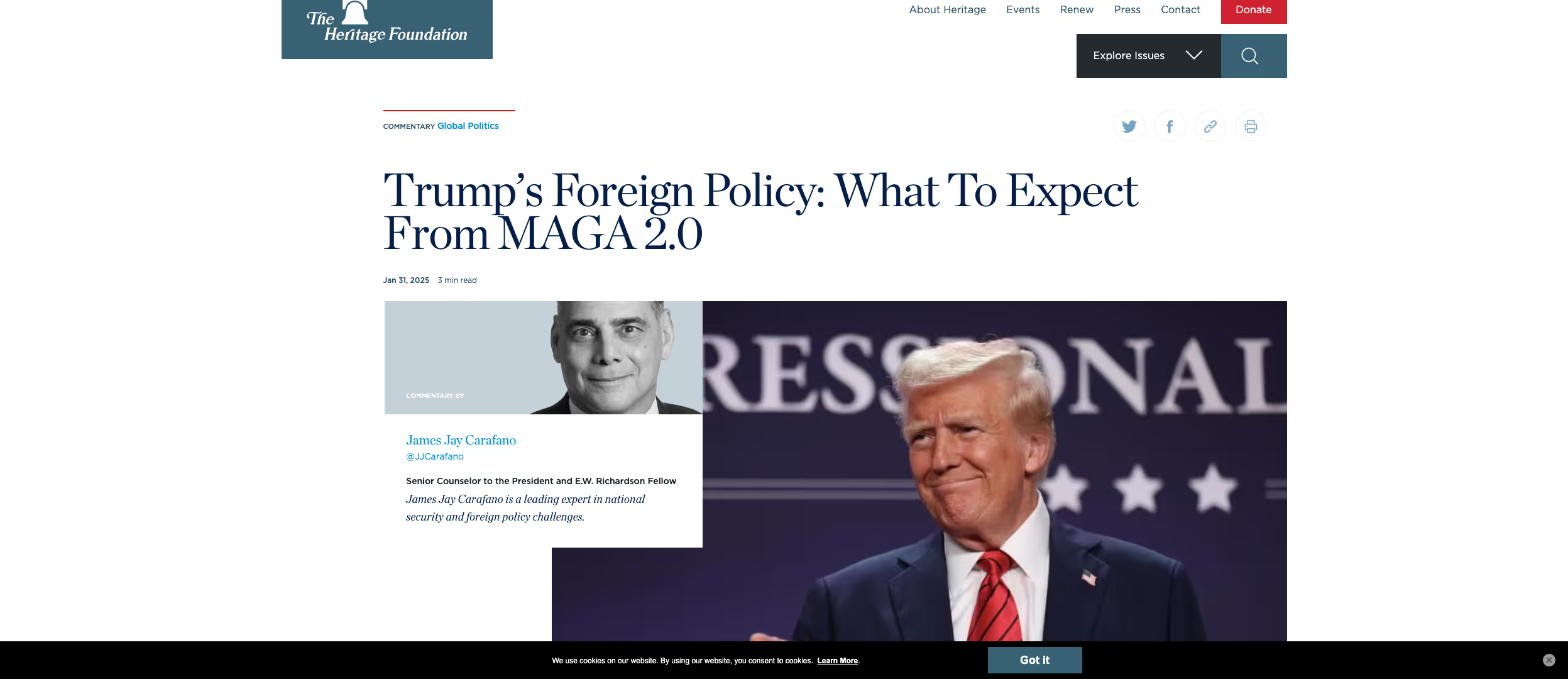
.avif)
.avif)
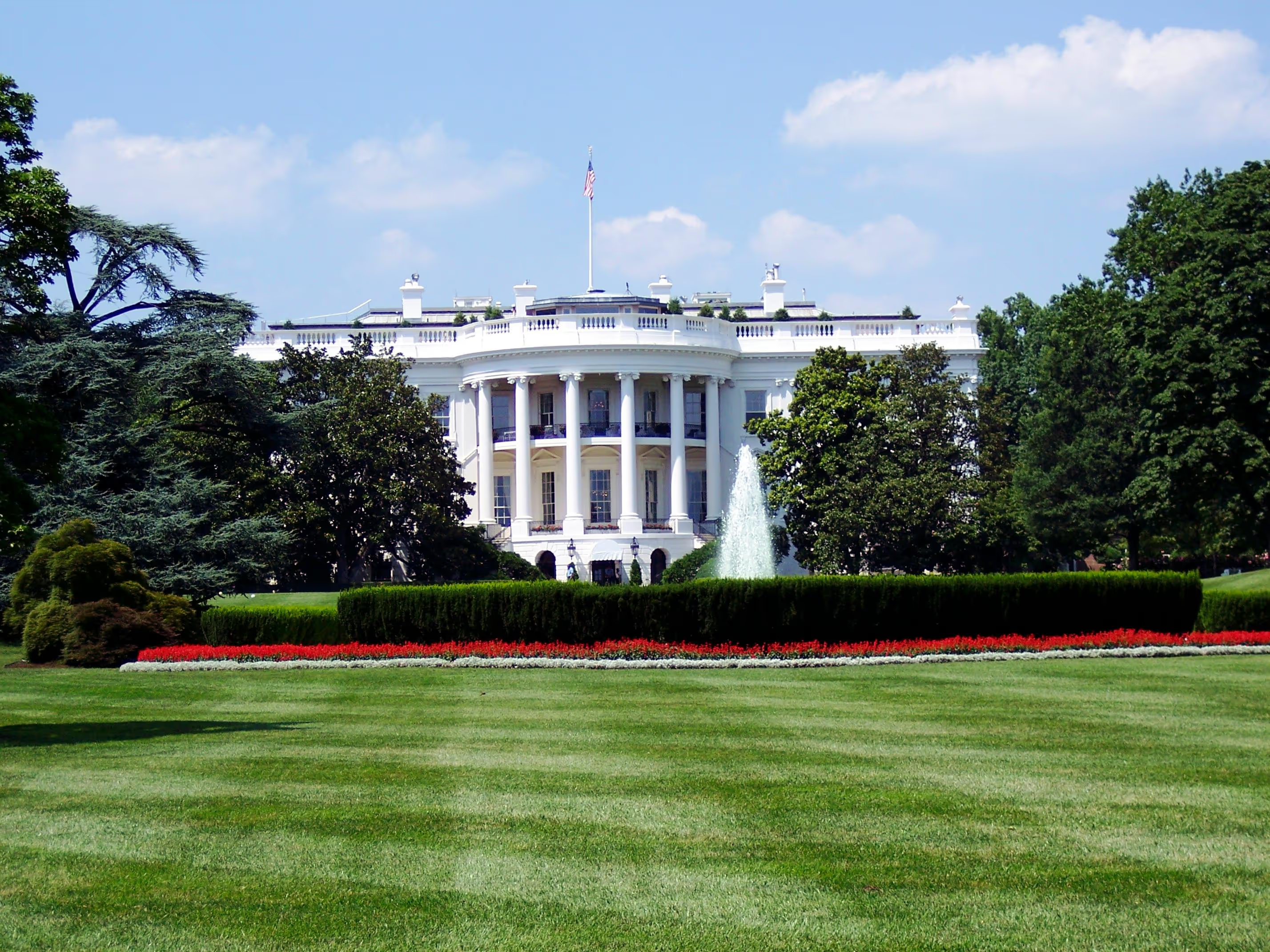


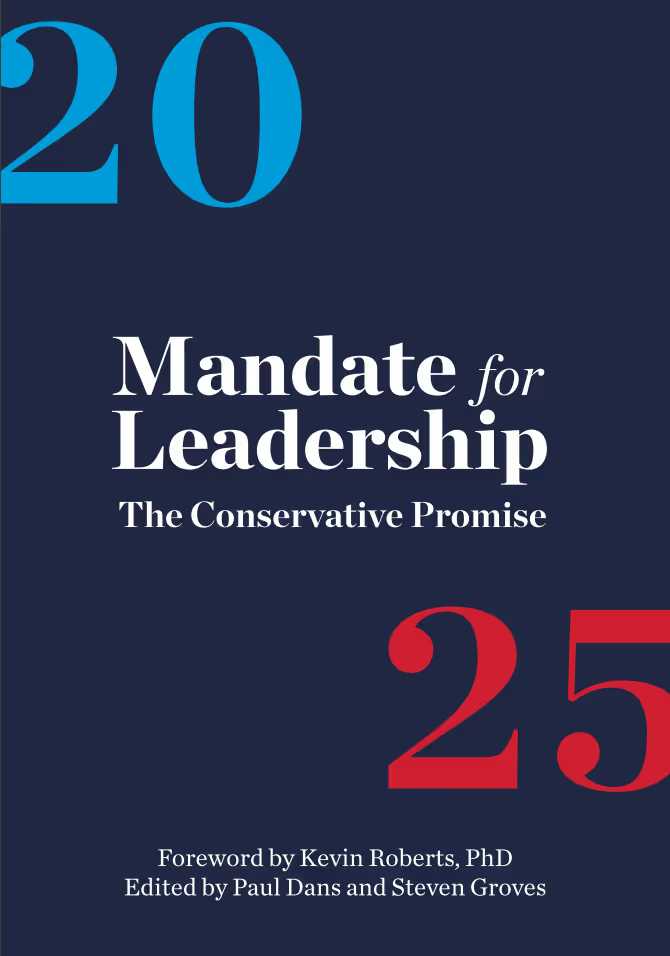





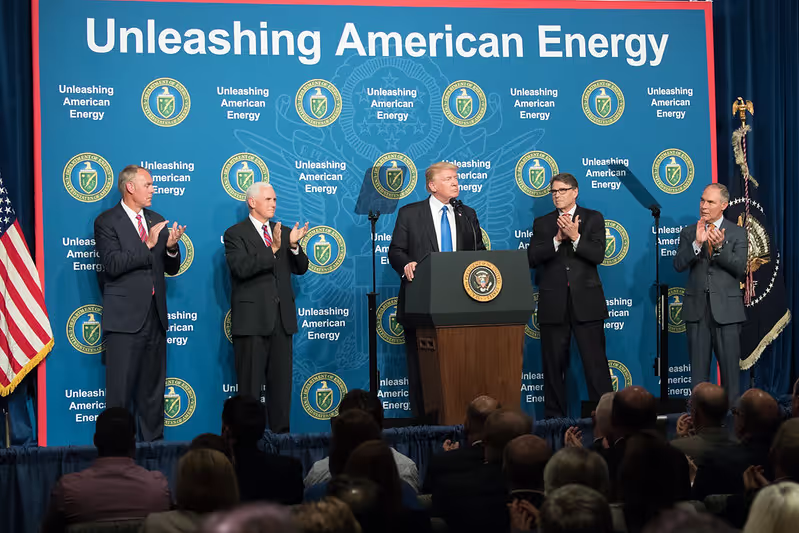

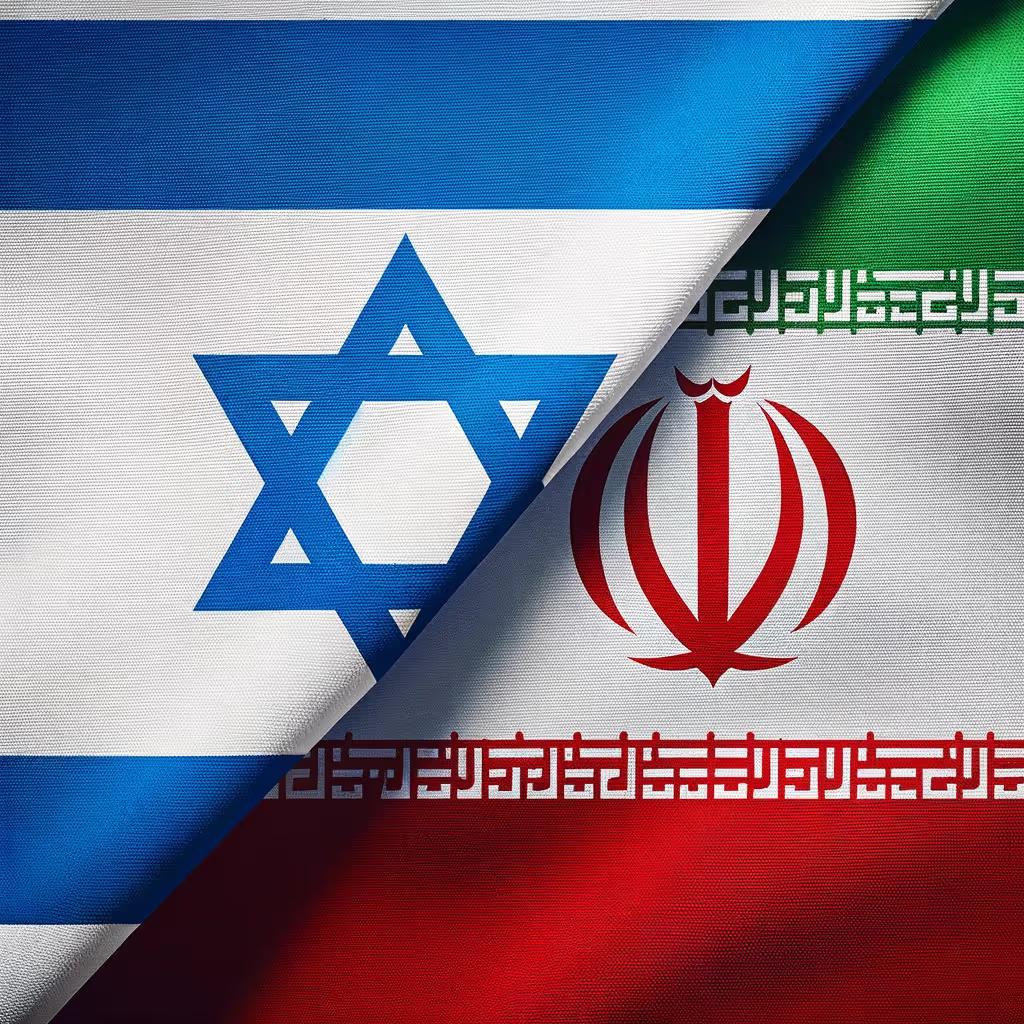













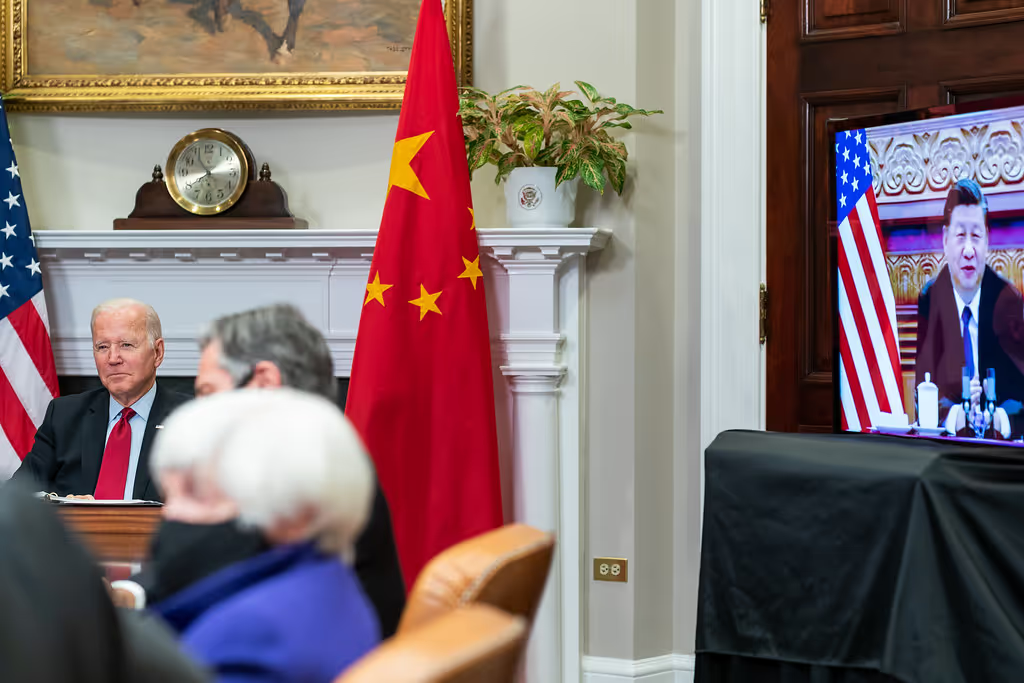




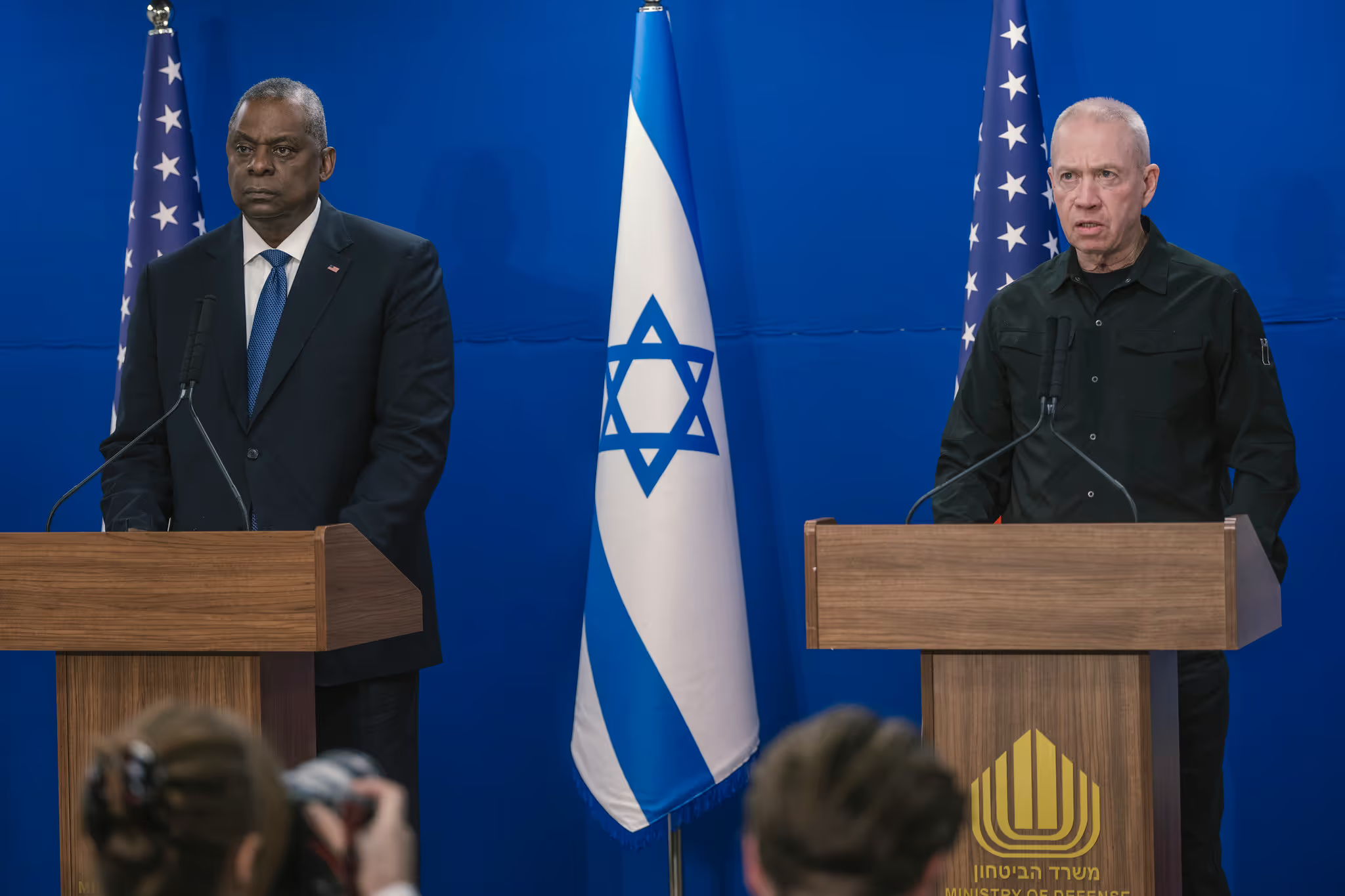





.avif)
